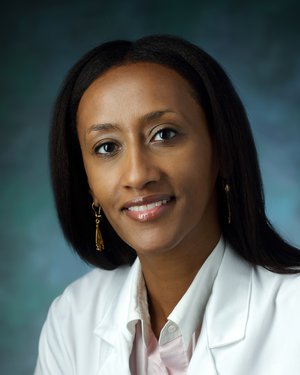Chad Froes, M.D.
Residency: Grand Strand Medical Center (Internal Medicine), Myrtle Beach, SC
Medical School: University of South Carolina School of Medicine, Columbia, SC
Undergrad: College of Charleston, Charleston, SC
Hometown: Auckland, New Zealand
Why Johns Hopkins: After staying near family in South Carolina for most of my medical training, I hoped to expand my clinical knowledge and research experiences at a much larger tertiary institution with a more robust academic focus. Johns Hopkins provided the perfect opportunity to develop my understanding of motility disorders while simultaneously exploring personal research interests in aspects of GI motility. I’m both fortunate and grateful to be surrounded by such a supportive and knowledgeable group of clinical mentors and colleagues here at Johns Hopkins.
Hobbies: World travel, snowboarding, songwriting, live music, fitness, wellness.
Interests in GI: GI motility disorders (IBS, gastroparesis), microbiome, therapeutic endoscopy, neurogastroenterology and gut-brain axis


